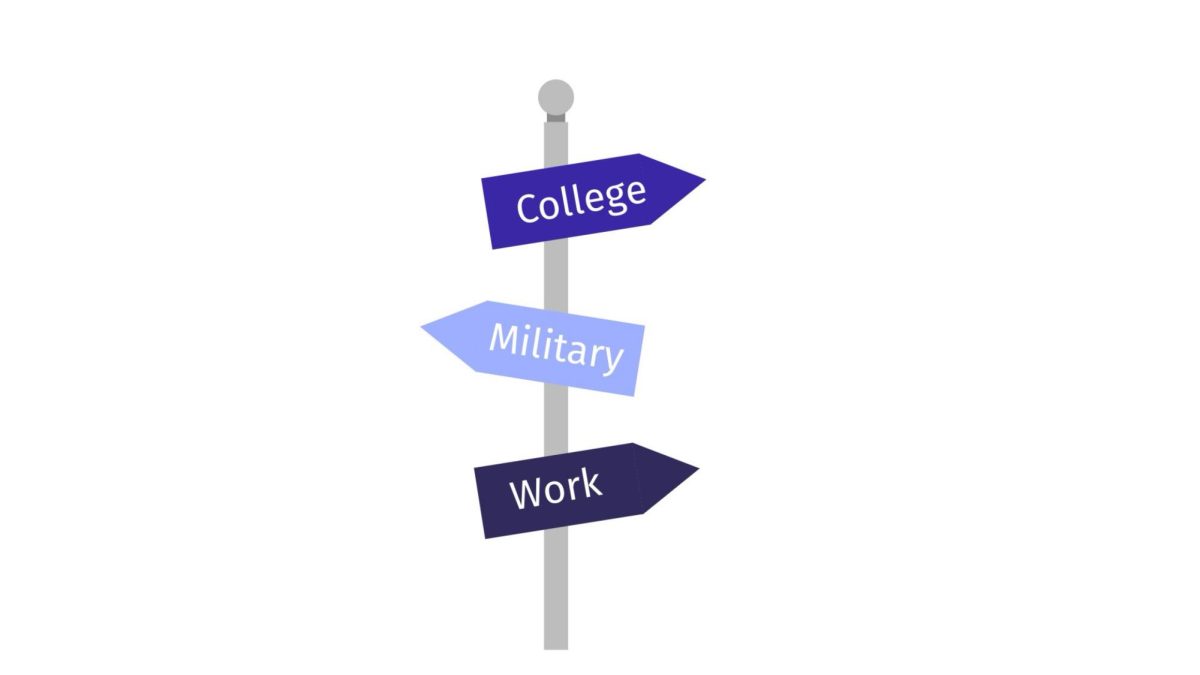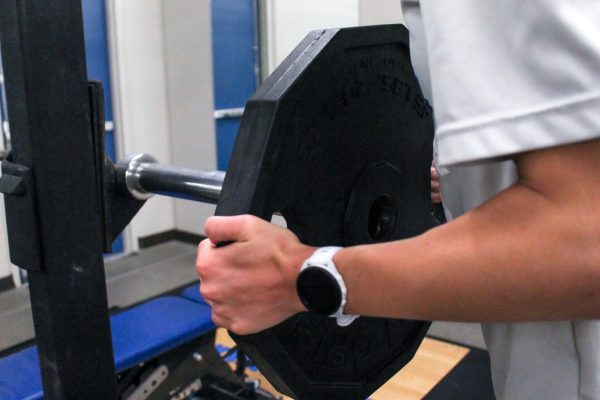Coaching Matters
Coach Brad Ball, seen here in a huddle with the 2021-2022 varsity boys basketball team, is known for his compassionate coaching style.
November 28, 2022
Recently, in the fall print issue, I talked about how student athletes deal with certain amounts of stress and pressure from their sports, which can be made worse by over-demanding coaches that want perfection and top-level performance of their athletes.
Is this the case for all coaches? The answer is no. Coaching styles come in many different forms. Some coaches are better than others when it comes to their coaching style. The best ones prioritize their athletes by knowing how to help and understand difficult situations, whereas other coaches prioritize their time by wanting to win. Being in that type of environment is not reassuring for the athlete and doesn’t help them grow as a person.
Not all coaches treat their athletes like they’re only as good as the game they play. In fact, there’s a group of coaches that come together once a week to address ways on how to be a better coach. Coach Ryan Krzykowski’s program, “Community For Coaches” helps coaches make a difference in the coaching profession so they can do what they love and also help their athletes’ upbringing.
The program also tries to find different ways the coaches can improve their athletes playing, without being critical. This program is important for young coaches or any coach in the sports department because it helps them understand the meaning of being a good coach.
Sometimes in the sports industry, coaches are only focused on the outcome of a game. Now don’t get me wrong, winning is great for the team and has great impacts, but it shouldn’t be the number one priority. Coaches should prioritize their athletes which Krzykowski talks about in his meetings.
“A good coach understands that when we prioritize the healthy growth and development of good people, that the winning and losing is secondary to the impact that we can have on people’s lives,” Krzykowski said.
Coaching is the most important factor for athletes to learn and perceive more information about their sport. It builds a team which makes a relationship with everyone. Building a team with good attitudes and relationships creates tons of benefits for the athletes. Some coaches don’t create this between the team or even the athlete, which makes it hard for both coaches and players to feel a sense of belonging. Not all coaches neglect their players. They make sure that their athletes feel welcomed, help fix mistakes encouragingly, and help their players understand that winning isn’t the only priority as an athlete.
Brad Ball is a boys basketball coach and physical education teacher at Olathe West who’s known for his compassionate coaching style. During basketball season he always makes it a priority for his players to enjoy the game and enjoy the feeling of being on a team.
“We try to spread that by having a collective responsibility for what’s happening at practice or in games or whatever and divide that amongst the whole group so that nobody feels that overwhelming burden to be that person,” Ball said.
Outside of school sports environments can be completely different, otherwise known as “toxic.” It all depends on the coach and the coaching style they put upon their players. I think that all coaches should always make an effort to understand the feelings of their athletes.
Coaches and athletes should listen to the advice Kryzykowski has to offer.
“Athletes need to understand that their worth and value does not come from winning,” he said. “It does not come from the sport they play, their worth and value comes from the fact that they are human beings and that everything that we do flows from that we are not valuable as of what we accomplish or because of what we do, we do things because of who we are and the value that we have inherently.”








